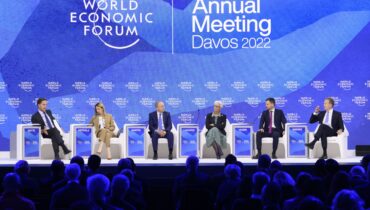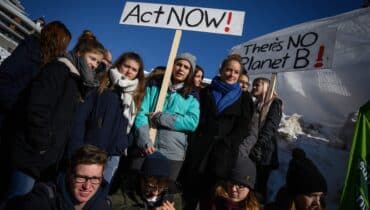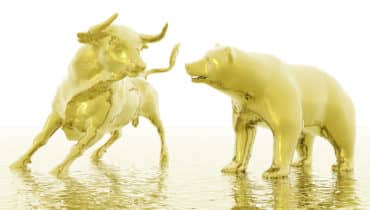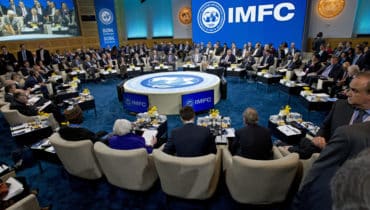The World Economic Forum in Davos, Switzerland, focused on the topics of the Ukraine war, inflation, supply chain problems, food shortages and climate change. How do top politicians and leading economists assess the situation?


The World Economic Forum in Davos, Switzerland, focused on the topics of the Ukraine war, inflation, supply chain problems, food shortages and climate change. How do top politicians and leading economists assess the situation?
China’s economy is on a downward slide: exports and freight traffic are at their lowest level since the beginning of the pandemic. Investors are turning their backs on the country. Has the bottom now been reached?

In view of a trade war, the Brexit and the threat of an economic downturn, the World Economic Forum meeting this year was dominated by calls for increased international cooperation. Read here what Lagarde and Merkel had to say.

Every year at the beginning of May, investors are faced with the question of whether they should leave the stock exchanges and take the profits generated up to that point, and return at a later date in autumn. But is the old stock market adage “Sell in May” still valid?

The spring meeting of the International Monetary Fund was held in Washington from 20 to 23 April. This event was the reason for an investor conference that I attended in order to get an idea of the status quo of the global economy as well as of risks and opportunities.